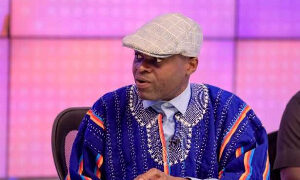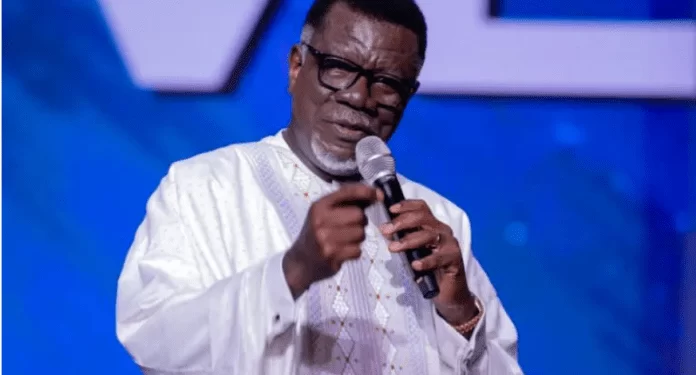Following the sentencing of founder of defunct Capital Bank William Ato Essien by an Accra High Court, some have asked why other key decision makers in the bank were not equally prosecuted. The name of the Board Chairman, Dr. Mensah Otabil who heads the International Central Gospel Church, has come up strongly.
It is however worth noting that despite not having criminal charges filed against him, Dr. Otabil and 14 others have since 2019 been the subject of a civil action initiated by the Receiver of the defunct bank. The 14 others include William Ato Essien, Oheneba Osei Akoto, Stephen Enchill, Kingsley Atta Ghansah, Otabil and Associates, International Central Gospel Church (ICGC), Kwadwo Ayisi Ahwireng, Isaac Osah Thompson-Mensah and John Kofi Mensah who are all shareholders of the defunct company and Fitzgerald Odonkor, Amadu Montia, Kofi Kwakwa and Francis Adu-Mante who were directors of the company.
Why Civil action?
The Receiver is seeking to recover more than 800 million cedis from these individuals. For instance, the High Court is being asked to recover 468 million cedis being shareholders loan and 108 million cedis being facilities granted to Ato Essien and his related companies which remain outstanding. The court has also been asked to allow a recovery of 51 million cedis from the ICGC.
Allegations of fraud
The receiver argues in court documents that the Directors of the defunct bank approved loans and placement of funds to themselves and related parties without the requisite collaterals and in clear breach of the Company’s internal policies, relevant banking regulations and Ghanaian Company law. The directors are alleged to have supervised the disbursement of liquidity support (620 million cedis) granted by the Bank of Ghana in breach of banking regulations and guidelines issued by the Central Bank. At a board meeting in October 2015, Management of the Company expressed displeasure particularly about the transfer of 130 million cedis to All time Capital out of this liquidity support. Senior Management members indicated the said transfer will not be approved. Dr. Mensah Otabil, who was Chairman of the Board is said to have assured management that he would personally ensure that the funds were paid back by March 31, 2016. This amount, according to the Receiver still remains outstanding.
The Receiver then levels the accusation of fraud against these Directors and Shareholders. He points out that they approved the purchase of Commercial Paper from related companies without recourse to regulations. A commercial paper is an unsecured short term debt instruments issued by corporations to finance liabilities. Such instruments, the Receiver says were in fact and to the knowledge of the directors not fit to be described as a Commercial Paper and just a scheme to siphon money from the bank.
State of case
The case has not seen much progress due to various legal steps taken particularly by William Ato Essien. He got the Court to allow him to challenge the revocation of the Bank’s licence by the Bank of Ghana. The High Court case remained on hold as the debate on this continued first at the High Court and later at the Court of Appeal. The Court of Appeal has since ruled in favour of Mr. Essien as happened at the High Court allowing him to challenge the BOG’s actions in the same suit.
The High Court has meanwhile set November 21 to hear legal arguments on whether the Receivers have the capacity to sustain the legal action since the assets of the bank now belong to GCB Bank.


































